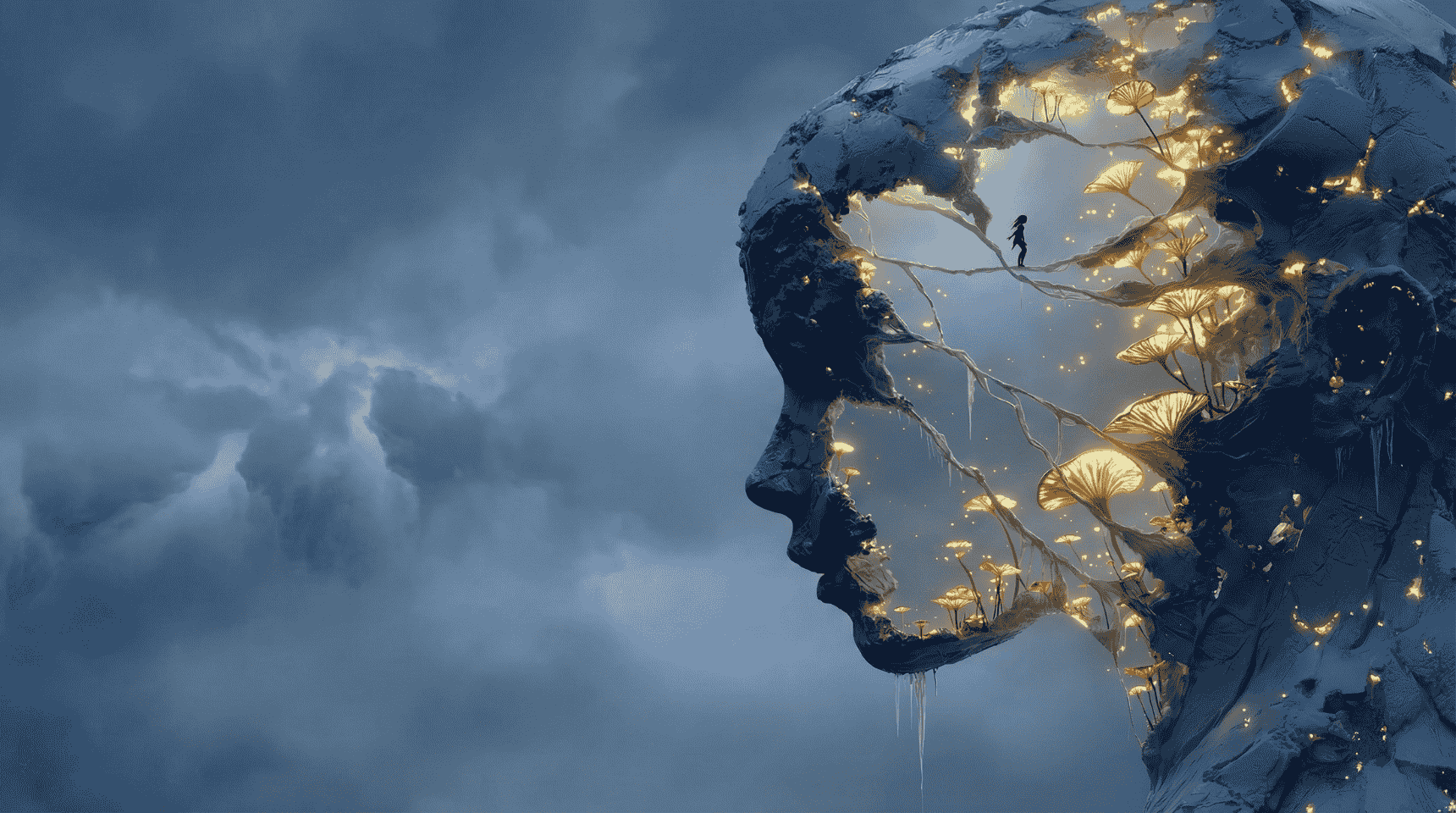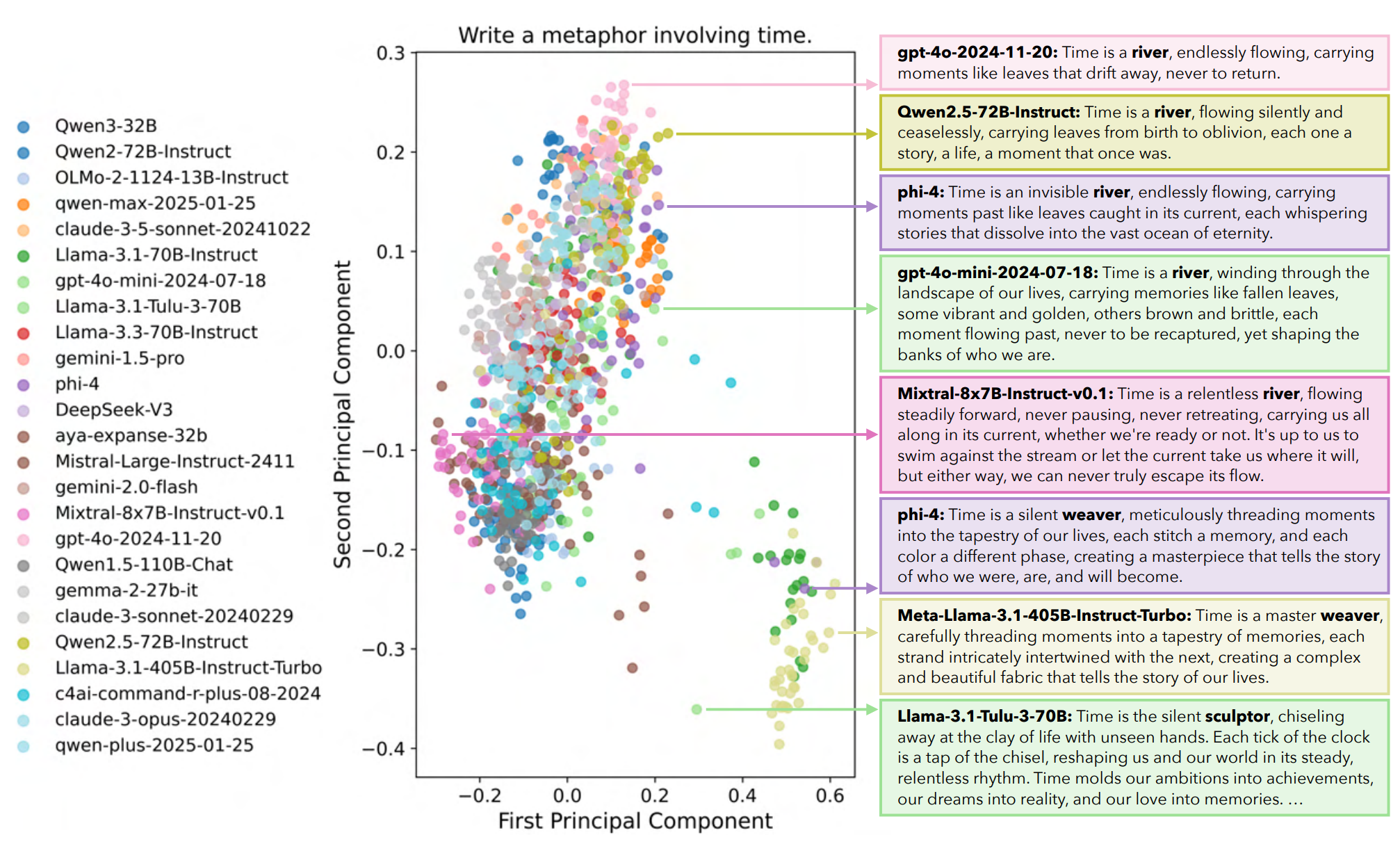- October 5, 2024
- Nabil Keith Durand
- Category title
Introduction

Image caption goes here
Recent research from top universities and consulting firms demonstrates that human-AI collaboration consistently outperforms both AI-only and human-only approaches, with productivity improvements ranging from 12% to 60% across diverse knowledge work domains.
The most compelling evidence comes from Harvard Business School’s landmark 2023 study with 758 Boston Consulting Group consultants—representing 7% of the firm’s individual contributors. This randomized controlled field experiment revealed AI’s “jagged technological frontier,” showing that human-AI collaboration delivered 12.2% more completed tasks, 25.1% faster execution, and 40% higher quality output compared to human-only control groups.
But, the study also exposed AI’s limitations. Consultants using AI for complex business problems requiring judgment and creativity performed 19% worse than those working alone.
The skill equalization effect proved particularly significant. Lower-performing consultants improved by 43% with AI assistance, while top performers gained only 17%. This suggests AI democratizes access to expert-level capabilities, elevating overall team performance rather than replacing high-skilled workers.
AI is taking over the job market
I see this headline often, but there is nuance with it. When a job has well defined predictable tasks, and repeating an identical pattern of steps completes the task successfully every time – this type of job is ripe for automation.
However, GenAI fails miserably when the tasks are unique, difficult to define, the context is ambiguous and fuzzy, contradictory, or inconsistent. This is why humans are still necessary in most jobs.
Related Posts
Stay informed with the latest updates and insights from the digital world



